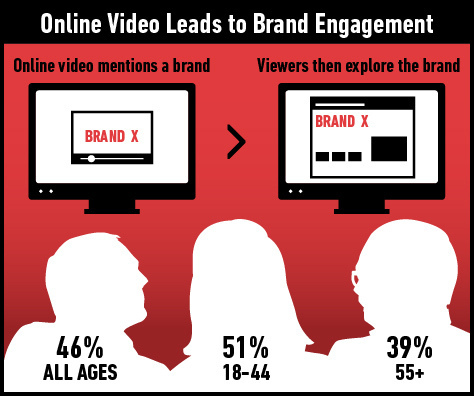 In article written for Ad Age, Xerox chief marketing office Christa Carone discussed a topic that I write and talk about frequently — the risks of falling victim to data paralysis. Christa shared a story about a recent repositioning initiative at Xerox that was nearing launch, but she felt in her gut that a key creative piece tied to the initiative wasn’t right. Research told a different story, but she relied on her knowledge, experience, and intuition and pulled the piece.
In article written for Ad Age, Xerox chief marketing office Christa Carone discussed a topic that I write and talk about frequently — the risks of falling victim to data paralysis. Christa shared a story about a recent repositioning initiative at Xerox that was nearing launch, but she felt in her gut that a key creative piece tied to the initiative wasn’t right. Research told a different story, but she relied on her knowledge, experience, and intuition and pulled the piece.
Money had been spent and the clock was ticking, but in a demonstration of true leadership, Christa made the decision to hold up the launch and retool the creative. Sacrificing results for creative that she knew in her heart, mind, and gut wouldn’t deliver the highest results wasn’t an option.
Christa’s story is an inspirational one, and it’s worth a read. I continually talk about the risk of data paralysis and how having access to so much information can make businesses slow to act. Furthermore, data can be massaged to tell a wide variety of stories. A single set of data can be turned into a variety of charts and graphs to highlight specific pieces of information.
I’ve seen it happen more times than I can count. The CEO loves a specific product, so the data presented to the CEO based on market research is massaged to support the CEO’s preferences. I don’t agree with that practice and don’t do it myself, but it’s a reality in many organizations. Too many people are too afraid to lose their jobs to stand up and tell the true story. Instead, they tell the stories executives want to hear. The result — failure.
Bottom-line, at a time when data is easy to get and has become the sole criterion for decision-making, Christa Carone did what few marketers are willing to do today. She recognized a moment when her marketing experience, knowledge, and intuition trumped the data and made the executive decision to question that data, likely making a lot of people angry.
Christa’s goal was simple. She wanted the Xerox repositioning to be as successful as possible. Doesn’t that define a great marketer, employee, and leader? Should companies expect any less? The logical responses to those questions are “yes” and “no” but that’s not always the reality in companies today.
What do you think? Leave a comment and share your thoughts on the state of marketing, data paralysis, and intuition.
Image: Carlos Sanchez





 The line of Seagram’s products will maintain a consistent design with color used to differentiate flavors. For example, can designs will retain the metallic color palette shown in the image to the left. Similarly, the simpler Seagram’s crest design will be used as a supporting element but notice how it still becomes a centerpiece of the design? It’s very clever.
The line of Seagram’s products will maintain a consistent design with color used to differentiate flavors. For example, can designs will retain the metallic color palette shown in the image to the left. Similarly, the simpler Seagram’s crest design will be used as a supporting element but notice how it still becomes a centerpiece of the design? It’s very clever. New research
New research Facebook has acquired Instagram for $1 billion — a number that few people predicted the company’s valuation would come close to reaching. At just two years old, Instagram is a mobile app that makes it easy for people to share photos with friends and families from their mobile devices when they’re on the go.
Facebook has acquired Instagram for $1 billion — a number that few people predicted the company’s valuation would come close to reaching. At just two years old, Instagram is a mobile app that makes it easy for people to share photos with friends and families from their mobile devices when they’re on the go.